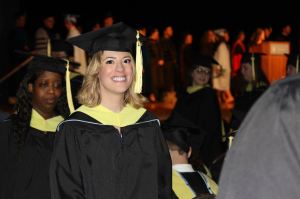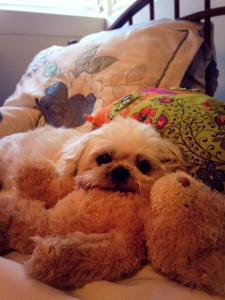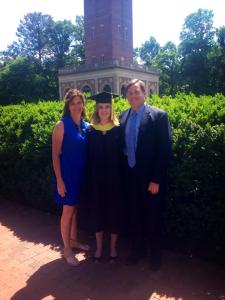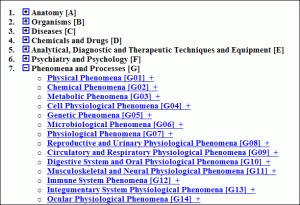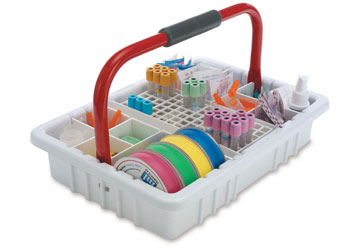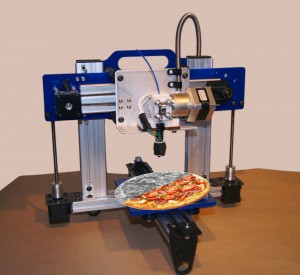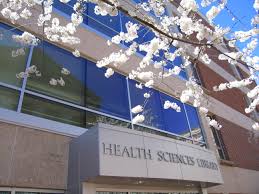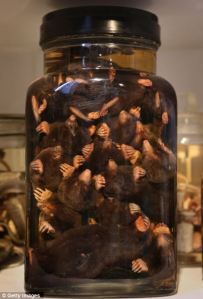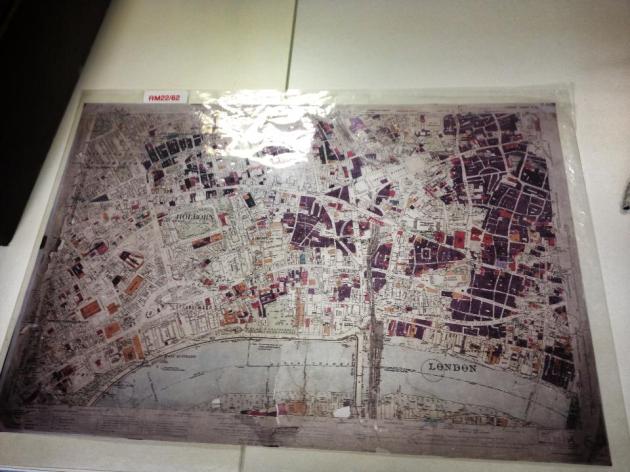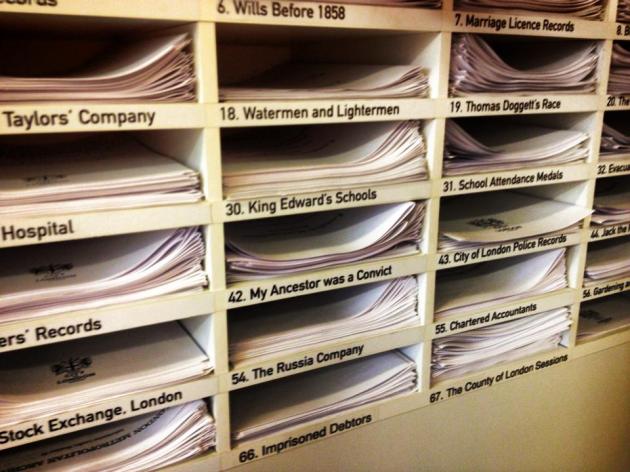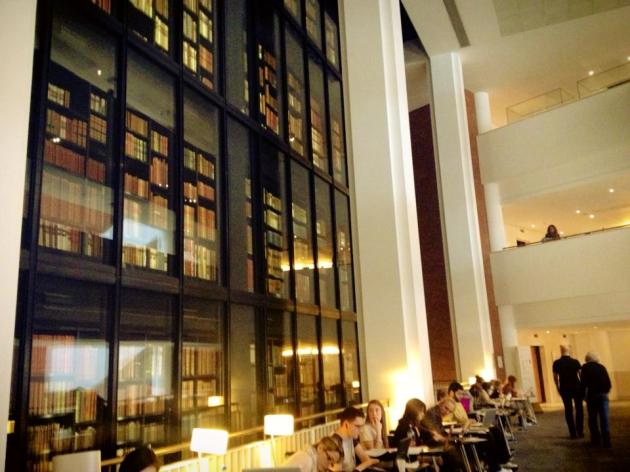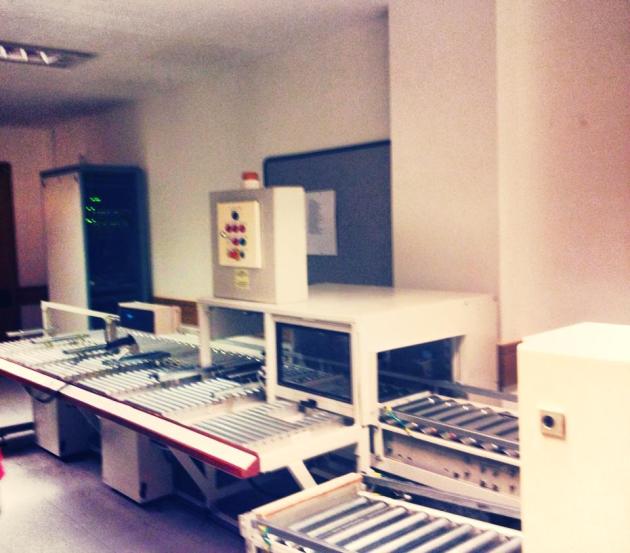As I stated in a previous post, I recently received the tremendous opportunity to start an internship/field experience for school credit with the Health Sciences Library at the University of North Carolina at Chapel Hill. I once seriously considered going into Occupational Therapy, and while unfortunately it did not work out, I’ve still remained interested in medical and health issues (there’s a reason medical dramas are one of my favorite television genres). Since I am most interested in reference and research, I found myself wondering what it would be like to work in a health information environment, where I could potentially help all sorts of patrons find the information they need.
“We are all looking for answers. In medicine, in life, in everything. Sometimes the answers we were looking for were hiding just below the surface. Other times, we find answers when we didn’t realize we were asking a question. Sometimes, the answers can catch us completely by surprise. And sometimes, even when we find the answer we’ve been looking for, we’re still left with a whole lot of questions.” –Grey’s Anatomy
So, when the opportunity came up to potentially gain some experience and use my skill set in the health information world, I jumped on it! After working out the logistics, my UNC Health Sciences Library supervisor sent me a list of potential projects and people to meet, and I was very excited to start. For the course credit portion of the internship, I have to keep a daily log of my experiences, so I will be detailing them on here on a week by week basis.
For the first day of my field experience, I went to meet with Fran, my supervisor. Fran is the head of the User Services Department in the Health Sciences Library (HSL). Fran showed me my desk, gave me some orientation materials, and then we were off and running to our first meeting! The meeting was all about liaison librarianship within the hospital. Each librarian is embedded, which means that each department receives a librarian to talk to and ask for help! As far as I understand it, some are liaisons for schools, such as the school of Public Health, and others are liaisons to departments within the hospital, such as oncology. We also talked about the evolution of searching and how librarians used to have to search sources by hand. Everyone was very friendly and welcoming to me!
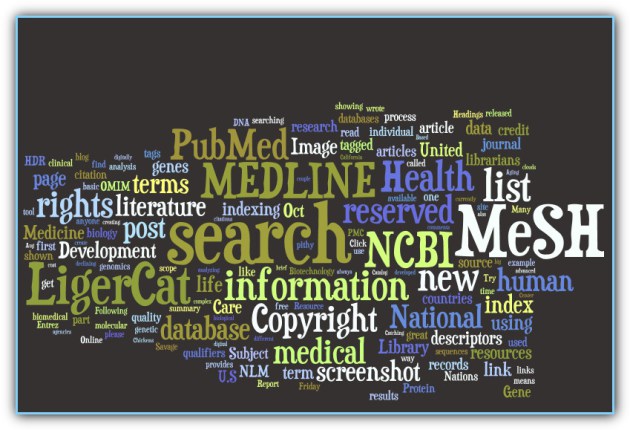
Common words relating to health librarianship…can be quite overwhelming to the newly initiated
http://www.wordle.net – All rights reserved – Copyright 2009
For my second day, I went with Fran to a meeting on clinical trials. Clinical trials are incredibly important in the health field, and at a big health research institute like the UNC-Chapel Hill hospital, research needs to be conducted in accordance with all of the rules. This meeting, which was a part of a series, helped teach new research assistants the ins and outs of complying with research studies, how and where to report statistics and interviews, how to file paperwork in order to receive drugs to administer for drug trials, etc. A lot of the jargon went straight over my head, but I understood some of the process of the research methods needed to conduct clinical trials. What I learned might actually be useful when I begin writing my thesis this coming summer! Who knows?
At any rate, it was useful for medical librarians to be in the crowd because health information professionals need to stay up to date and even ahead of the curve when it comes to clinical trials and what patrons might need. As we are in the business of streamlining patron search and information seeking quests, this meeting, Fran explained to me, is important because we can better understand the mindset of the researchers and the processes/hoops they must jump through in order to complete their trials in an accurate, complying, and efficient manner.
